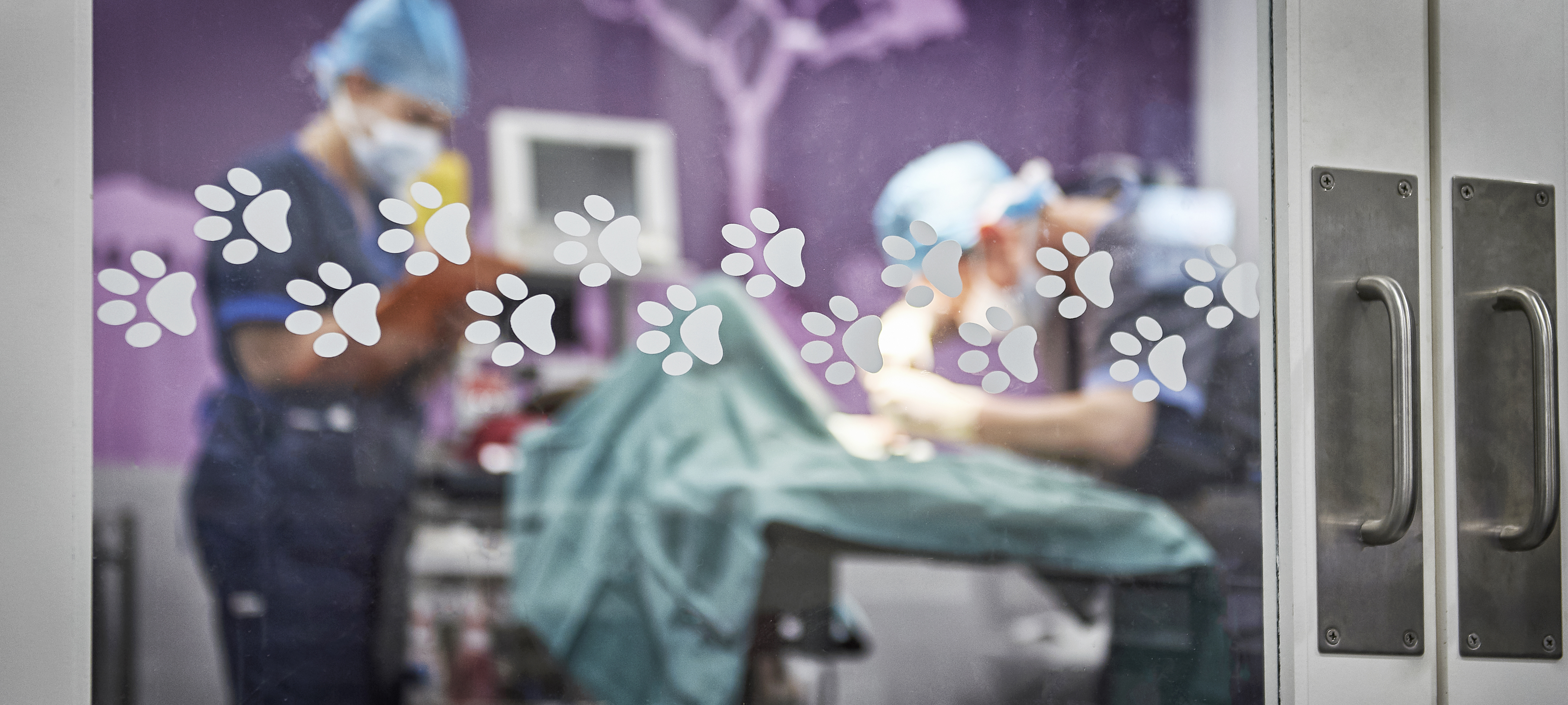It’s an unfortunate fact that most veterinarians are inexperienced in correct assessment and advice of airway concerns. So how can you be sure your surgeon is the best veterinarian to help assess, and if appropriate, correct your dog’s airways?

The following is a checklist for you to consider:
![]() If upon presentation of your puppy or older dog for the first time to a clinic your vet has not had a thorough chat to you about these breeds and their airway concerns, then it’s likely the clinic is not well educated on the breed. Even if there is a surgeon within the clinic prepared to resect the palate if you ask, chances are they may not be the best surgeon for the job. Refer to “What outcome can I expect from surgery?” and “Should I Consider Airway Assessment if My Dog is Not Noisy?”.
If upon presentation of your puppy or older dog for the first time to a clinic your vet has not had a thorough chat to you about these breeds and their airway concerns, then it’s likely the clinic is not well educated on the breed. Even if there is a surgeon within the clinic prepared to resect the palate if you ask, chances are they may not be the best surgeon for the job. Refer to “What outcome can I expect from surgery?” and “Should I Consider Airway Assessment if My Dog is Not Noisy?”.
![]() When it comes to booking your dog in for desexing, you should have had a lengthy face to face consultation regarding what to expect upon examination under anaesthesia, and what options you should consider if you are presented with concerns. If this has not been had, you are not in the hands of an experienced surgeon and will be at risk of being incorrectly advised that no problems exists, and will miss your best opportunity to correct concerns because 8-12 months of age is the ideal age for surgery to be performed. You may also refer to “What Outcome Can I Expect From Surgery?”.
When it comes to booking your dog in for desexing, you should have had a lengthy face to face consultation regarding what to expect upon examination under anaesthesia, and what options you should consider if you are presented with concerns. If this has not been had, you are not in the hands of an experienced surgeon and will be at risk of being incorrectly advised that no problems exists, and will miss your best opportunity to correct concerns because 8-12 months of age is the ideal age for surgery to be performed. You may also refer to “What Outcome Can I Expect From Surgery?”.
![]() Palate shortening is the main surgical consideration for brachycephalic breeds, but in many cases it is also necessary to thin the palate as well. 90% of surgeons that are somewhat experienced in shortening palates, and will offer and do so at desexing, will not be experienced in thinning them if they are excessively thick. That particular surgeon still may or may not do an excellent job of shortening; however it can be difficult to know. Hence we advise you to ask one simple question:
Palate shortening is the main surgical consideration for brachycephalic breeds, but in many cases it is also necessary to thin the palate as well. 90% of surgeons that are somewhat experienced in shortening palates, and will offer and do so at desexing, will not be experienced in thinning them if they are excessively thick. That particular surgeon still may or may not do an excellent job of shortening; however it can be difficult to know. Hence we advise you to ask one simple question:
“If it is appropriate to also thin the palate, are you able to do that?”
If the veterinarian is not able to, they may still be very good with shortening the palate, but it can be hard to know. If however they are experienced in thinning and can do so if needed, you have one of the very best surgeons available.

The second opinions we see for older dogs that are compromised with their respiration fall into five categories:
1. They were never advised at desexing about BOAS and their options.
2. They were advised at desexing that there were no concerns (but this advice proved to be incorrect). We see this occur very commonly in our clinic when we correct airways of older dogs, who unfortunately are not going to get as good a long term result than if they had been done at desexing.
3. They had their palate done at 8-12 months at desexing, but not enough was removed.
4. Laryngeal saccules were missed or palates were thick but not thinned at the time.
5. Everything was done well but they have caudal aberrant turbinates, or hypoplastic tracheas, but were not offered diagnosis of these concerns at the time of surgery.
6. They never had their stenotic nares addressed. Stenotic nares are a fairly basic procedure and many surgeons recommend widening them at desexing. We unfortunately however see many cases that have had this done, but have not had the more important aspects of airway anatomy corrected – palates and saccules. So if your vet has done the nares, but suggested there are no other problems, it is possible you have been incorrectly advised.
